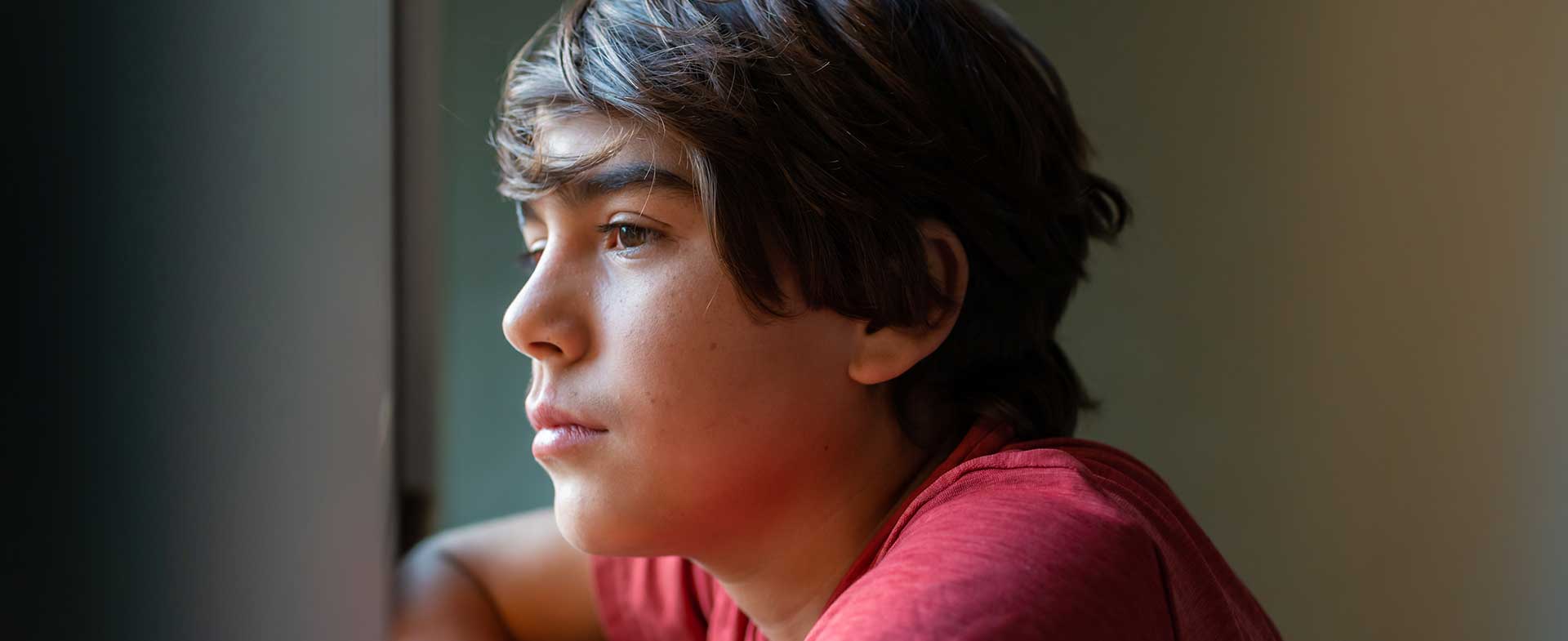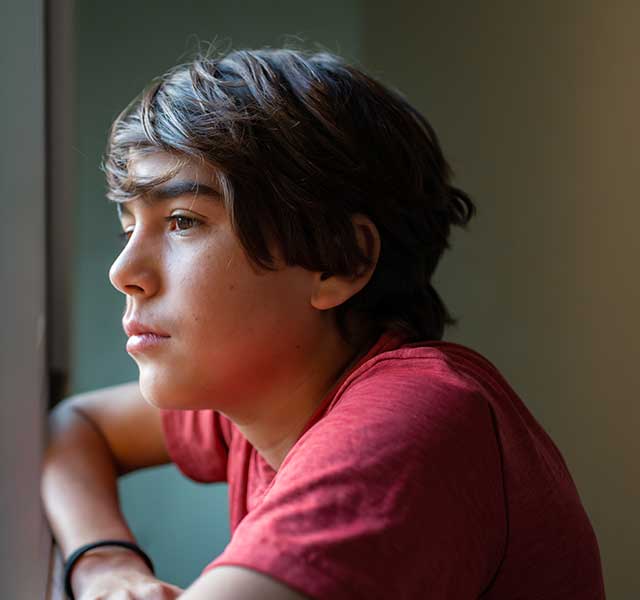Childhood experiences may play a role in your risk of developing depression in adulthood. A recent Henry Ford Health study found that those who experienced four or more adverse childhood experiences were more likely to report depression as adults.
Researchers used existing data conducted by the Centers for Disease Control and Prevention, which had asked participants to identify the number of adverse childhood experiences (ACEs) they were exposed to before age 18. Adverse childhood experiences included physical neglect, emotional neglect, physical abuse, emotional abuse, sexual abuse, suicidal attempt of household adult, parental alcohol misuse, parental separation or divorce, incarceration of household adult, violence witnessing and violence victimization.
“While we didn’t see a significant increased risk of depression after experiencing one adverse event, we started to see an increased risk after two adverse events,” says Eric Adjei Boakye, Ph.D., an assistant scientist at Henry Ford Health who led the study. “With four and above, we saw a big difference compared with those who experienced no adverse events, which likely means an individual isn’t growing up in a stable environment.”
Adult depression was self-reported. Dr. Adjei Boakye found that:
- Children who experienced no adverse events had a depression rate of 9.3%
- Children who experienced one adverse event had a depression rate of 15%
- Children who experienced two to three adverse events had a depression rate of 20%
- Children who experienced four or more adverse events had a depression rate of 37.3%
This association between depression and adverse childhood experiences was greater for Hispanics than it was for non-Hispanic Blacks and non-Hispanic whites. “In general, non-Hispanic whites are more likely to report depression than the other two race/ethnicities,” says Dr. Adjei Boakye. “This finding was unexpected but could be due to the fact that, in addition to the above adverse events, Hispanics may experience other stressors such as parental immigration status and acculturation.”
Does Trauma Change Your Brain?
Regardless of race or ethnicity, childhood experiences have a lasting effect on someone’s health.
“For instance, when children experience trauma, it tends to stay with them throughout their lifetime,” says Dr. Adjei Boakye. “We think this is because trauma may change someone’s brain.

Behavioral Health Services
"The human brain undergoes changes in structure and function across a person’s life – so it’s possible that trauma affects part of the brain during childhood but manifests during adulthood in conditions like depression.”
Dr. Adjei Boakye says there could be a biological mechanism – or a biomarker – that explains the link between adverse childhood experiences and depression. In the future, knowing what this biomarker is could lead to the development of preventive measures before the onset of depression – or the advancement of treatments after its onset.
Depression Is A Multifactorial Disease
Of course, many factors contribute to depression – not childhood events alone. Some people don’t experience any of the above adverse childhood events but still develop depression.
Along with therapy and medication, social connection can help someone cope with depression.
“It’s been shown that people who are married, for example, tend to experience less depression because they have someone who will provide support,” says Dr. Adjei Boakye. “But it doesn’t have to be a spouse. It could be siblings, friends, even coworkers. Talking to people can take someone’s mind off stressful thoughts for hours at a time. And that can help someone know they aren’t alone.”
If you are struggling with depression, don’t wait to get help. Your primary care doctor can refer you to a therapist who can get you the help you need.
Reviewed by Eric Adjei Boakye, Ph.D., an assistant scientist in the department of Public Health Sciences at Henry Ford Health.



